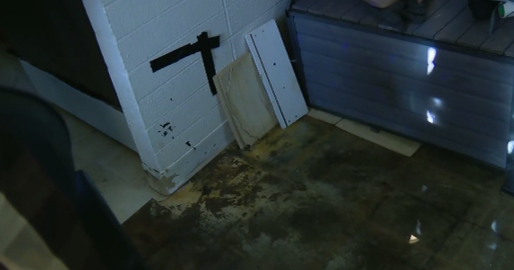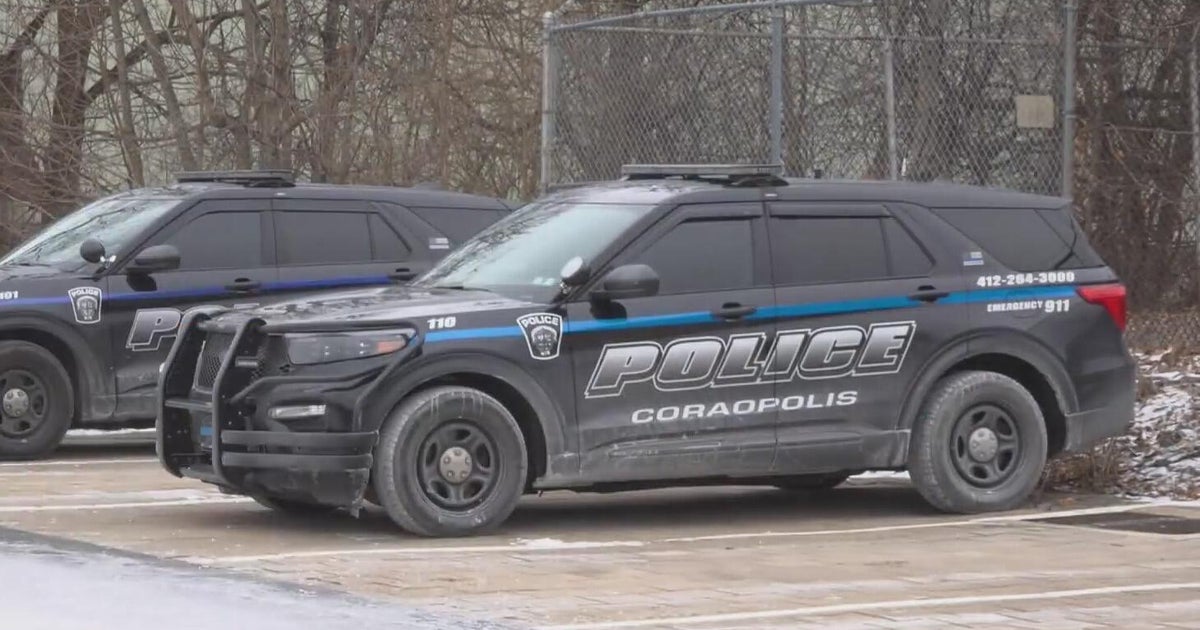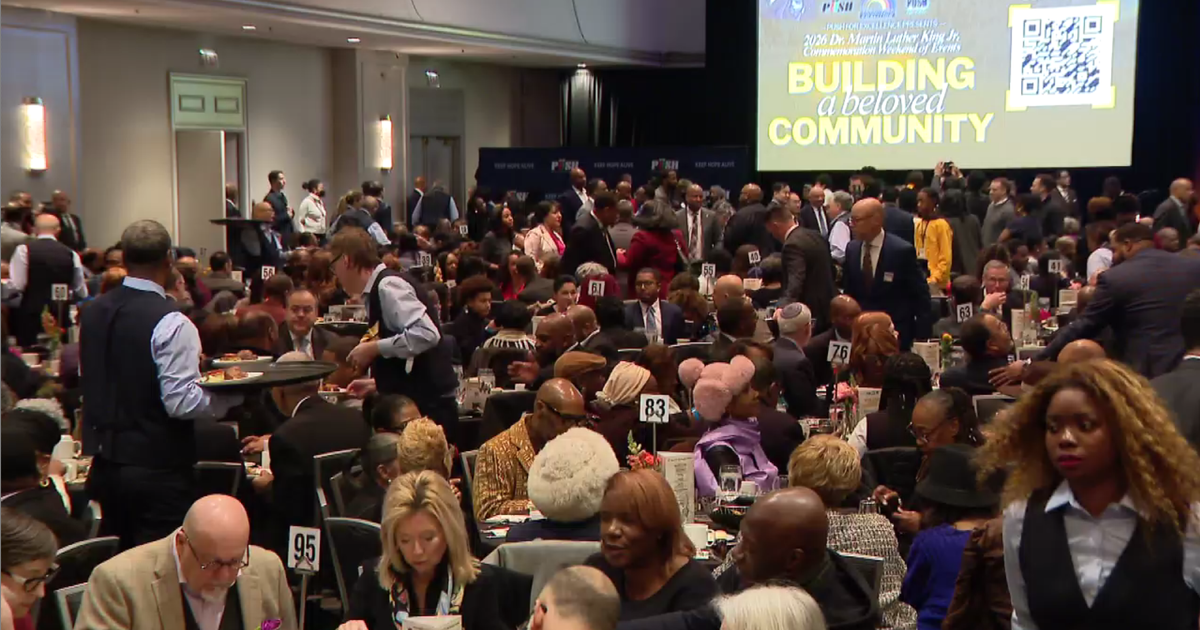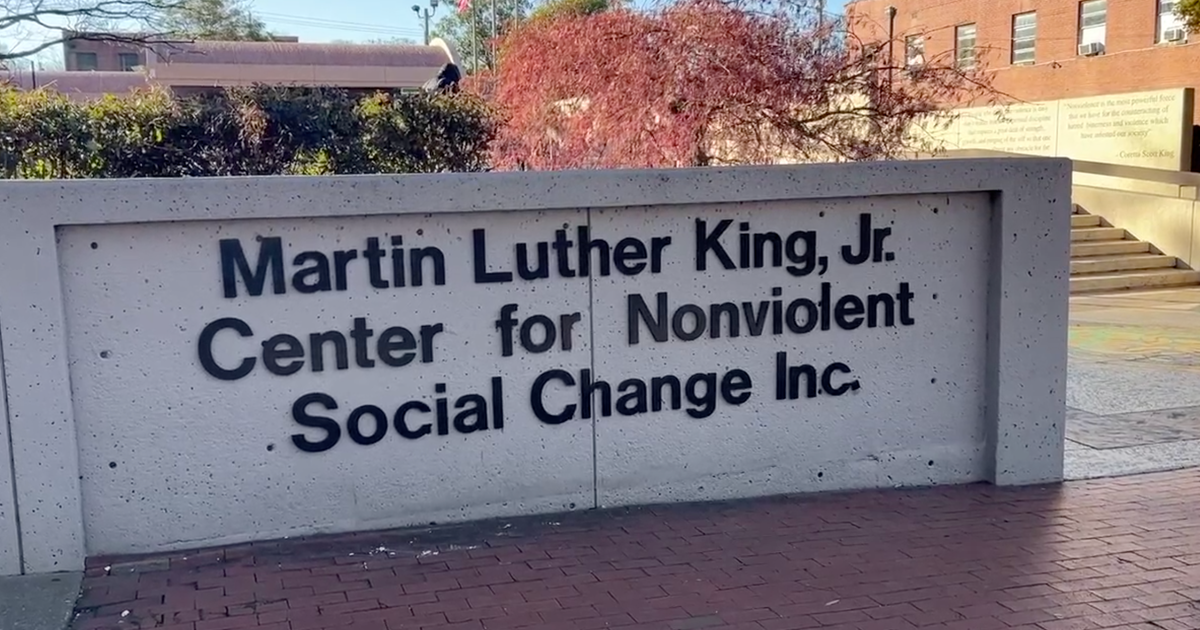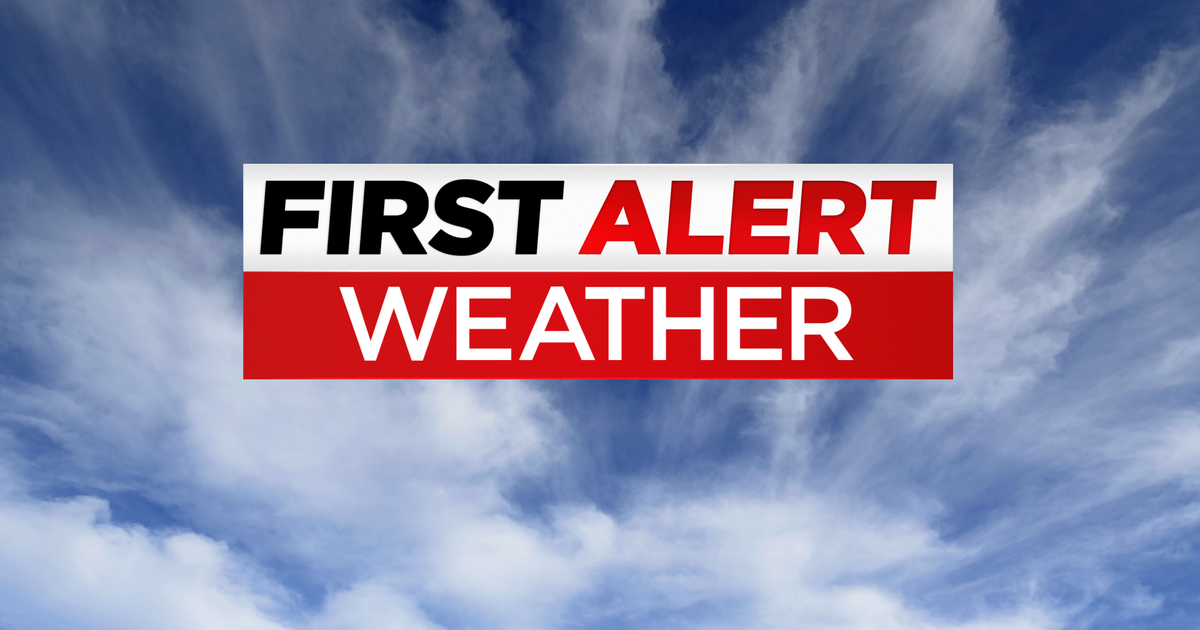Lower East Side residents are the latest to file lawsuit against NYC's controversial congestion pricing plan
NEW YORK - Residents of the Lower East Side joined a bevy of elected officials to file a class action lawsuit to stop congestion pricing.
They're the latest New Yorkers to claim the MTA disregarded the environmental impact on their community in pushing ahead with the controversial plan.
First, it was New Jersey Gov. Phil Murphy, followed by the mayor of Fort Lee, and the borough president of Staten Island. Now it's people who live on the Lower East Side saying congestion pricing will adversely impact their lives and demanding a full-scale environmental impact study before the tolling plan goes into effect.
"I feel that my voice and the voices of my neighborhood have been ignored and dismissed," Lower East Side resident Trevor Holland said.
Holland was one of many sign-carrying protestors worrying about the increase in pollution caused by congestion pricing, which will charge drivers steep fees to drive into Manhattan's Central Business District below 60th Street.
"The MTA lies when it says that congestion pricing will have a positive impact on the Central Business District, and that it will help the environment. Their own environmental impact statement shows it will increase pollutants in this very community," Lower East Side resident Lee Berman said.
The residents were joined by numerous public officials in filing a class action lawsuit. Several lawmakers represented so-called "transit deserts," where residents are forced to drive dur to the lack of mass transit options.
"Why isn't there an environmental impact study on such a - it's going to push, obviously, pollution around the other nieghborhoods. Why not? You know why. Because they might not like the results," said Councilman Robert Holden of Queens. "They did an environmental assessment study, which is essentially a rubber stamp. That's how serious the MTA is."
With congestion pricing set to raise a billion dollars a year for capital improvements, others questioned the ability of the agency to spend money wisely.
"Simply throwing more money down the black hole of a broken system is not the answer," Councilwoman Vickie Paladino said.
The MTA defended its 4,000-page environmental assessment, and insisted the environmental concerns "will be reevaluated for the adopted tolling structure before tolling commences."
"It's time to move forward and deal with the congestion that's clogging roads and slowing down emergency vehicles, buses and commerce while also polluting the air we breathe," John McCarthy of the MTA said.
Legal experts said residents may have a good case for a reevaluation of the policy.
"There's a lot of moving parts here, but certainly the court is going to be given enough to chew on that they need to at least put the MTA's feet to the fire about the environmental impact," legal expert David Schwartz said.
The MTA hopes congestion pricing will begin in the spring, but with so many different suits, it's unclear whether they'll be able to.
CLICK HERE for more information about the plan.



